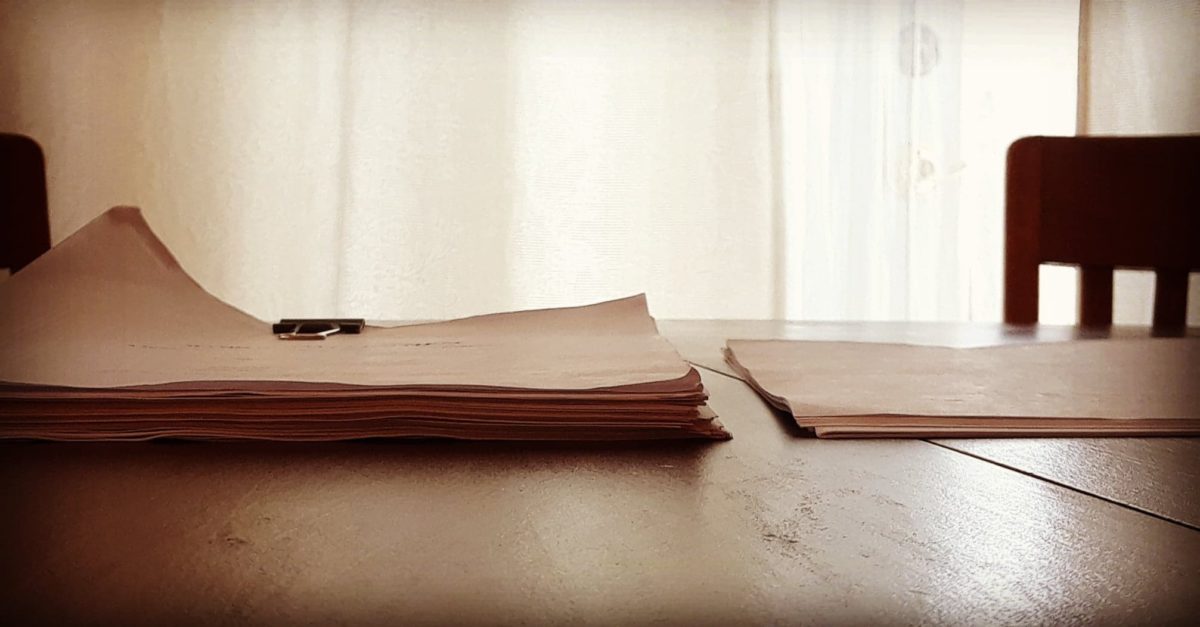Tomorrow is the official last day of classes, and obviously we will not be holding the Pops on the Lawn concert.
One year my entire staff, which was a sum total of five, three stage managers and two tech helpers—they all played in the orchestra. The second the pops concert was over, they hopped on a bus and left town. My children were small, five and ten or thereabouts, and they helped me rack infinity chairs and stands.
It got better after that, workload-wise, but even with a full crew, lots of help, there was always an unreal feeling about the cleanup, a combination of sheer exhaustion and relief that it was all nearly over.
Since 2001, we’ve only held two of the concerts inside because of rain. Again, today, the weather is glorious.
This spring my mood trajectory has been the opposite of every year for the previous nineteen. This is the week that has traditionally signaled the end of near misses and averted disasters and all the pressures that come with having to pull off an event with inadequate infrastructure. This is the week we’ve always had our celebratory ice cream party at my house, some years with frisbee, sometimes roasting marshmallows. General relief.
I always began my summer reading at the pops concert, lying in the grass listening, enjoying the mood, anticipating the beginning of summer.
Yes, I have been so very lucky this spring. Yes, I’ve enjoyed puttering in the garden. But I’m about to run out of income, and I’m not eligible for unemployment. I knew this moment was coming, and I have not been in denial, but it’s strangely unsatisfying to finish gardening projects I have imagined and toiled over for, not kidding, literal decades.
The release from so many pressures this spring semester meant that I was not able to grieve with the students and faculty, who have been voicing their distress for weeks. I get it now.
Perhaps I am also finally sensitized to the loss because a year ago I was in Billings at my own son’s college graduation.

After the ceremony we passed some graduates and their parents keeping it classy with Coronas and a tailgate party in the desolate parking lot.
While we were milling about waiting for Seth to extract himself from his regalia and making a plan for the rest of the afternoon, Seth’s oldest friend, Anna, glanced down the hill, pictured above, and observed, “I see this is where you perform the sacrifices.”
My older son, Eli, added that it would make an excellent guillotine with a few changes, which reminded me of the olden days, when Anna and her family would come over to watch Hornblower and play whist.
And then there were various comments about Narnia and the stone table.
At the time, I thought, I’d pick these loons over Corona out of a cooler any day.
Our students will have a very different set of “graduation” memories—they will not be able to participate in the same rite of passage with all the attendant random silliness that we enjoyed a year ago. Students are on their own to create a meaningful way to mark the day, unsupported by the structure and weight of tradition.
Of course, I get it that many graduates aren’t keen on these things, and their family or culture does not support the rigmarole. There are many rituals, in my humble opinion, that we could all do without. Good riddance to bad rubbish, as my grandmother used to say.
But for us, for my family, those two days, the two days our sons graduated from college—they were significant, bittersweet, dear.
I miss my children and our times together.
And, yes, I’d pick my loons over any variety of Corona, any day.

















